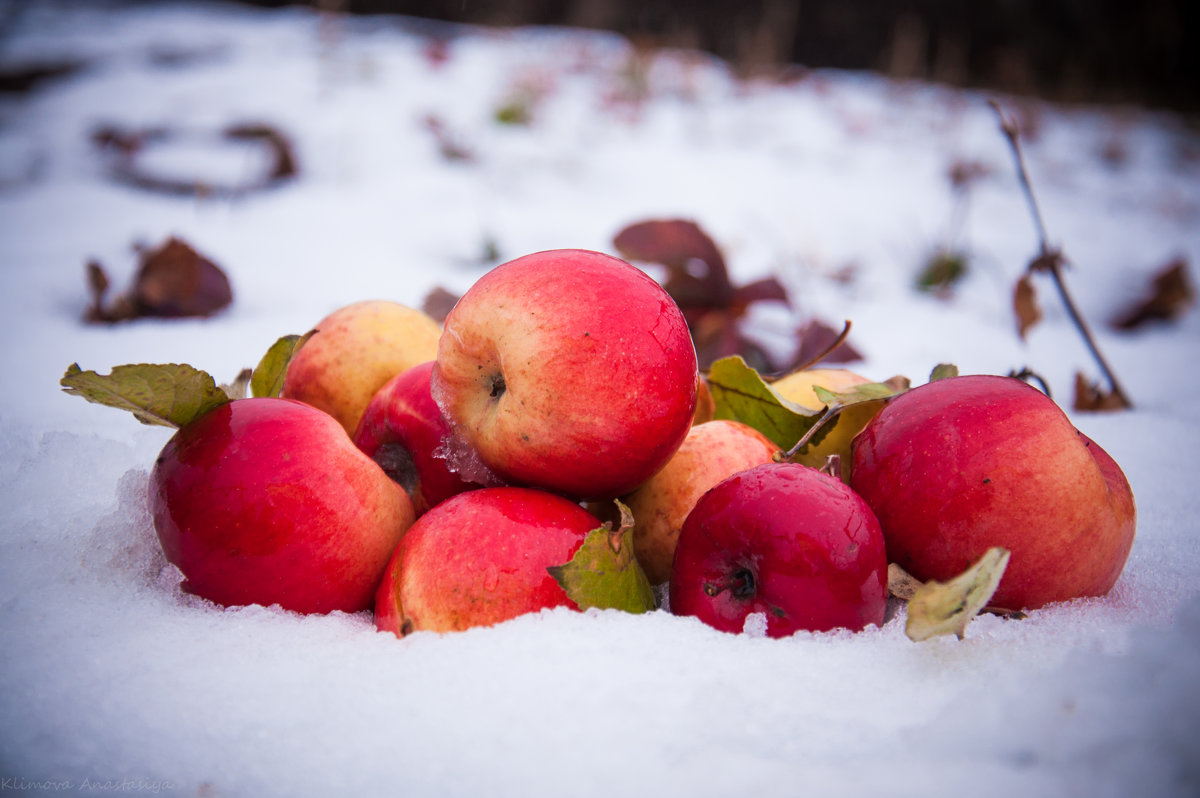Canada - British Columbia apple growers feel the weight of 2020
06.11.2020 470 views
ScaleAgData Stakeholder Engagement Event
22.10.2024The ScaleAgData project is pleased to invite you to our second stakeholder event. Building on the discussions and connections formed during our first webinar, this event will focus on fostering collaboration among stakeholders, providing updates on our project’s progress, and outlining future opportunities for engagement.

Grants of up to €50,000 for agricultural producers in Moldova
The Solidarity Fund PL in the Republic of Moldova has launched a call for funding for local agricultural SMEs as part of the wider Team Europe Initiative ‘Sustainable Agri-Food Systems’, financed by the European Union and the Czech Republic.

Jamaican government launches $880M REDI-II Greenhouse Project to boost climate-resilient agriculture
The Government of Jamaica has officially launched the Greenhouse Clusters and Cooperative Infrastructure Upgrade Project under the Second Rural Economic Development Initiative (REDI-II), with an investment of $880.4 million.

India - Chemical contamination in GPLIS Canal kills fish, alarms farmers
Farmers and residents are concerned after suspected chemical contamination in the Gollapudi Pumping Lift Irrigation Scheme (GPLIS) canal led to large-scale fish deaths and fears of damage to paddy crops at in several villages in Vijayawada Rural mandal of NTR district and Mustabad of Krishna district.

Ukraine - Significant part of stone fruit harvest lost by gardeners in Vinnytsia region
Due to abnormal frosts, Vinnytsia agrarians will not be able to harvest 80% of apricots and peaches and up to 40% of cherries, sour cherries, and plums.

U.S. winter storm causes crop and farm damage in Arkansas
A winter storm that brought snow, sleet, and sub-freezing temperatures to Arkansas in late January resulted in tens of millions of U.S. dollars in agricultural losses, according to a report from the University of Arkansas System Division of Agriculture.

China - 20-story plant factory in Sichuan explores ways to modernize agriculture
A 20-story vertical super-plant factory in Chengdu, southwest China's Sichuan Province, is exploring ways to support the country's modernized agriculture, focusing on intelligent and industrialized crop cultivation.

Canada - Governments announce continued crop insurance support
The federal and Saskatchewan governments say they will continue funding the 2026 Crop Insurance Program, with coverage decisions due by the end of March.

India - Mizoram Launches Subsidised Crop Insurance Scheme For Farmers:
Mizoram Agriculture Minister PC Vanlalruata announced on Wednesday that the state is gearing up to implement the Centre’s Pradhan Mantri Fasal Bima Yojana (PMFBY), with the government offering substantial premium subsidies to ease farmers’ financial burdens.




